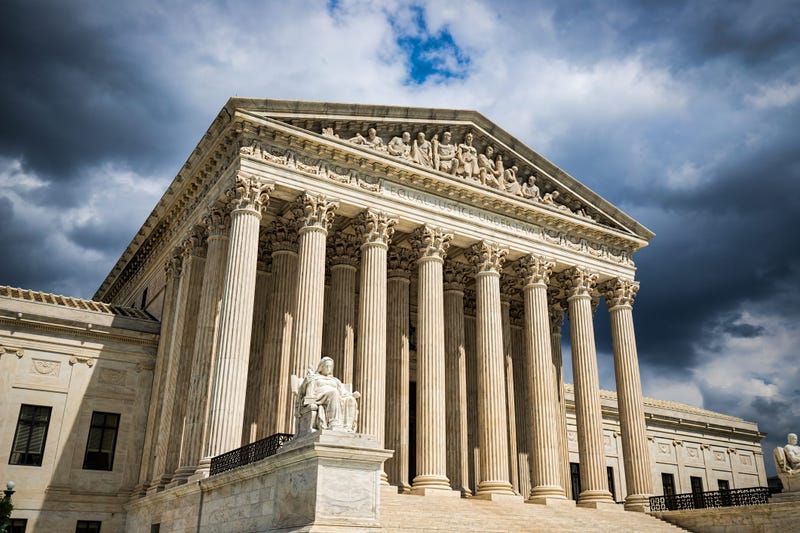
After ruling all non-unanimous jury verdicts unconstitutional the U.S. Supreme Court will now decide whether that decision applies retroactively.
The case involves a Baton Rouge man serving multiple life sentences. The jury did not reach a unanimous decision when he was convicted on rape and kidnapping charges in 2006.
His attorney Andre Belanger explains the filing he made to the Supreme Court.
“It is to see whether or not people who have exhausted their appeals can attack the conviction collaterally, or what is normally called post-conviction, and this is through a federal habeas corpus petition,” says Belanger.
Belanger says Edwards’ case should be overturned because the U.S. Supreme Court has already stated that non-unanimous verdicts were wrongly decided.
“It is just like the last vestige of Jim Crow in our legal system and it is just a tremendous injustice,” says Belanger.
One estimate pins the number of potential cases impacted by this decision at around 1,800. Belanger says it could be life-changing.
“There are people in jail today who are in there for a non-unanimous jury who have given up hope, and this will give them some hope,” says Belanger.
Louisiana Attorney General Jeff Landry opposes overturning past non-unanimous convictions, and Baton Rouge DA Hillar Moore opposes overturning Edwards’ verdict, calling him a “bad dude”.
